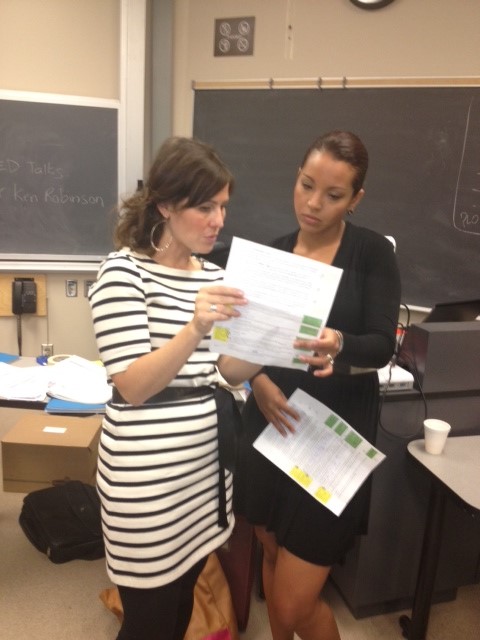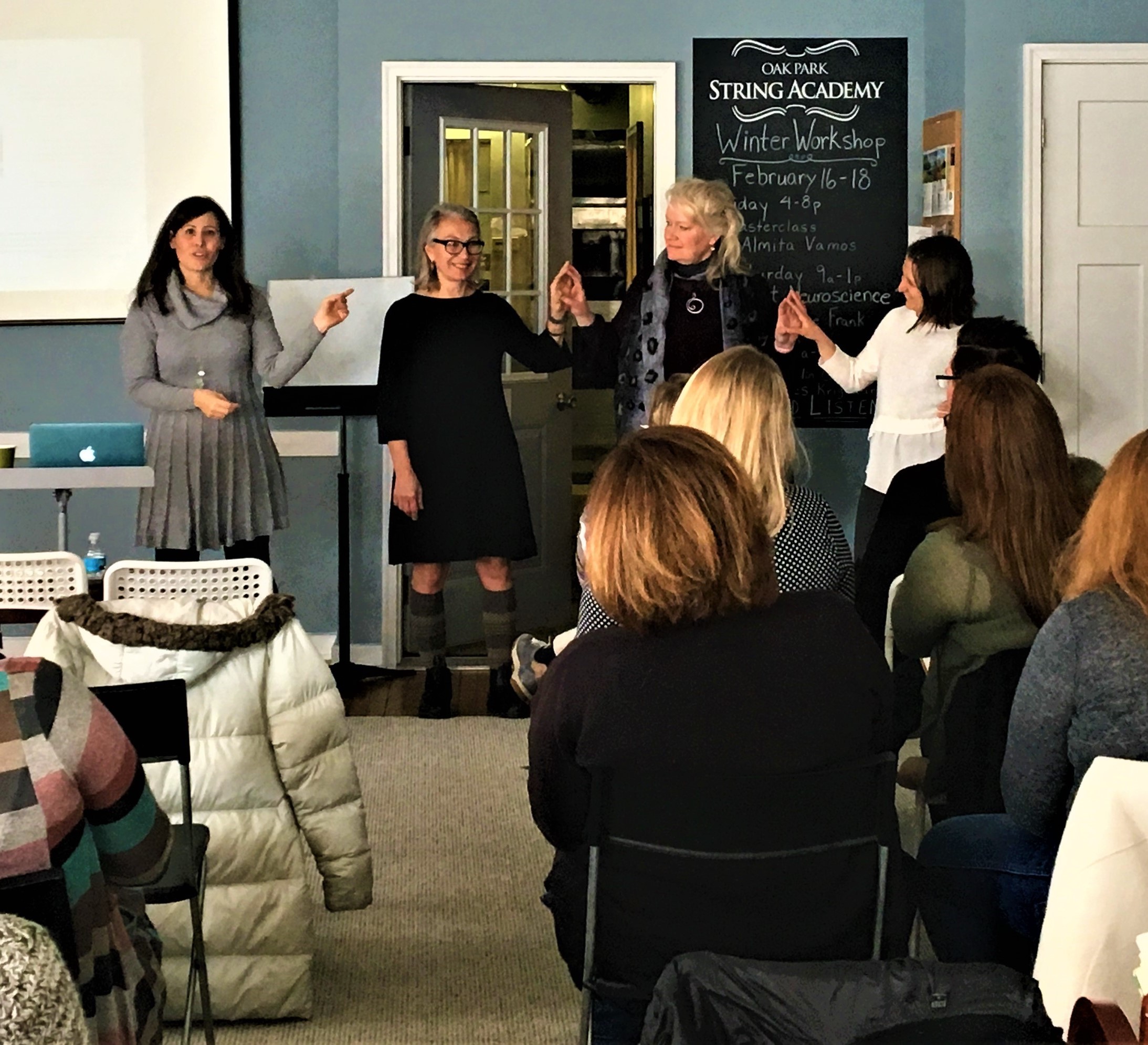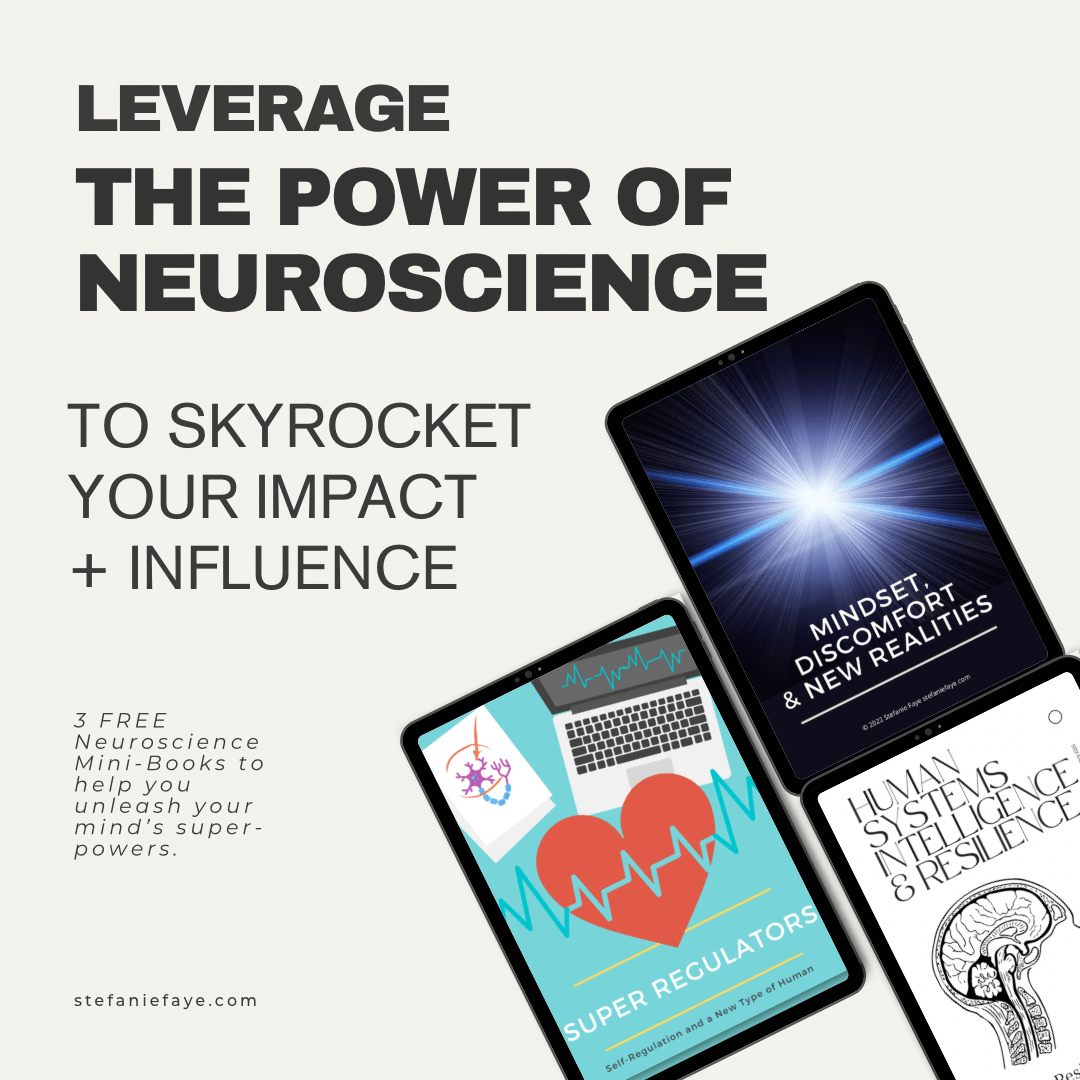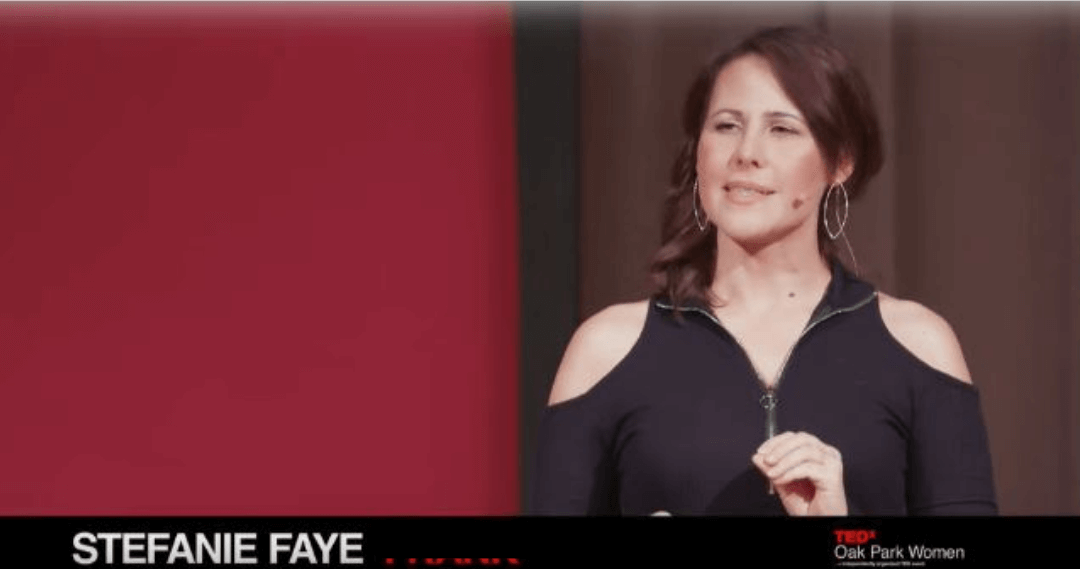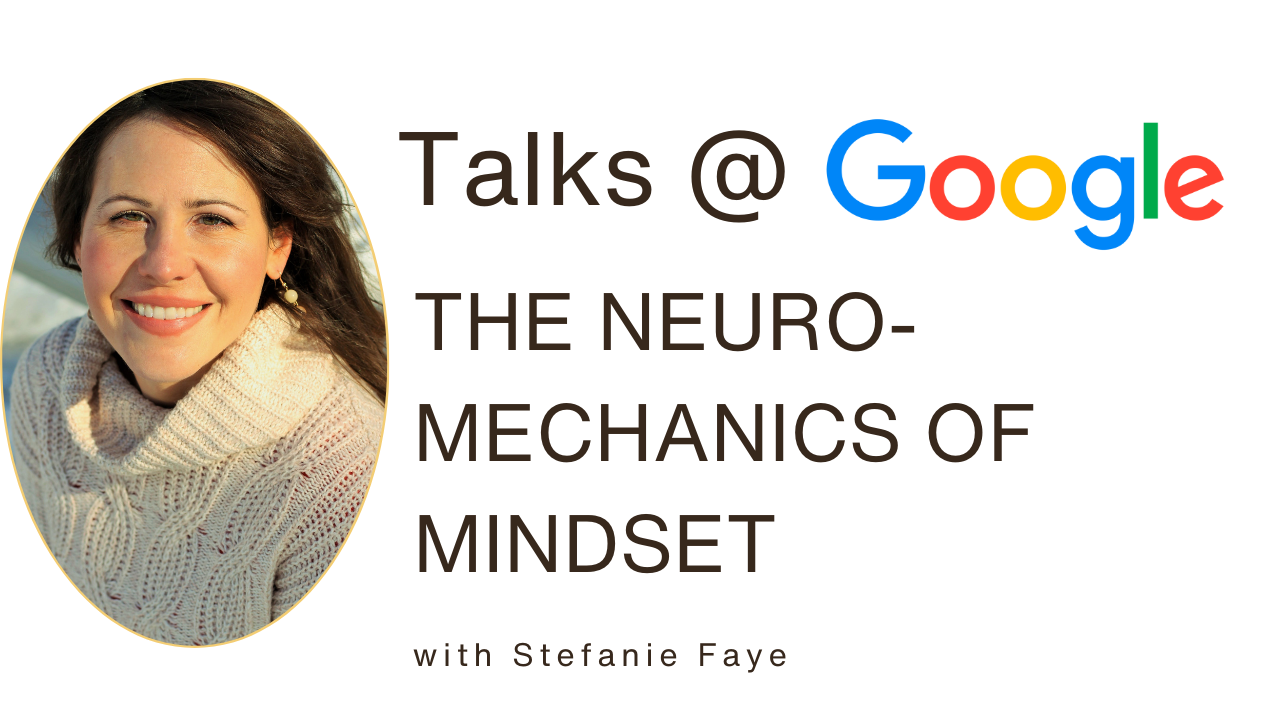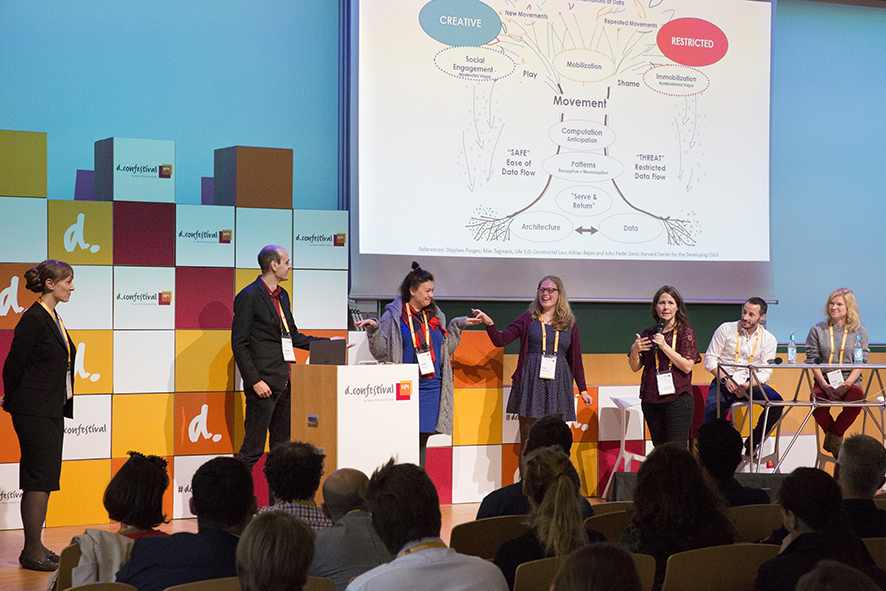
My talk on the Neurobiology of Innovation with social neuroscientist Caroline Szymanski, creativity researcher Sergio Agnoli and Stanford computational neuroscientist Manish Saggar at the dconfestival berlin

NEUROSCIENCE FOR COACHES, EDUCATORS, PROFESSIONALS
I am here to bridge the gap between scientific research and how we directly apply it to help people find new ways of using their talents, discomforts, failures, and challenges as pathways to growth and evolution.
My Mission: To bring embodied neuroscience and systems thinking research to therapists, coaches, teachers and leaders so they can confidently teach their clients and audiences how to build new mindsets and approaches to wellbeing, performance and innovation.
My experience has shown me that once people truly understand the power of their mind and the systems that influence their behavior, they access new forms of energy, motivation and a belief in their ability to learn and grow. Neuroscience is a language to help them see this truth.
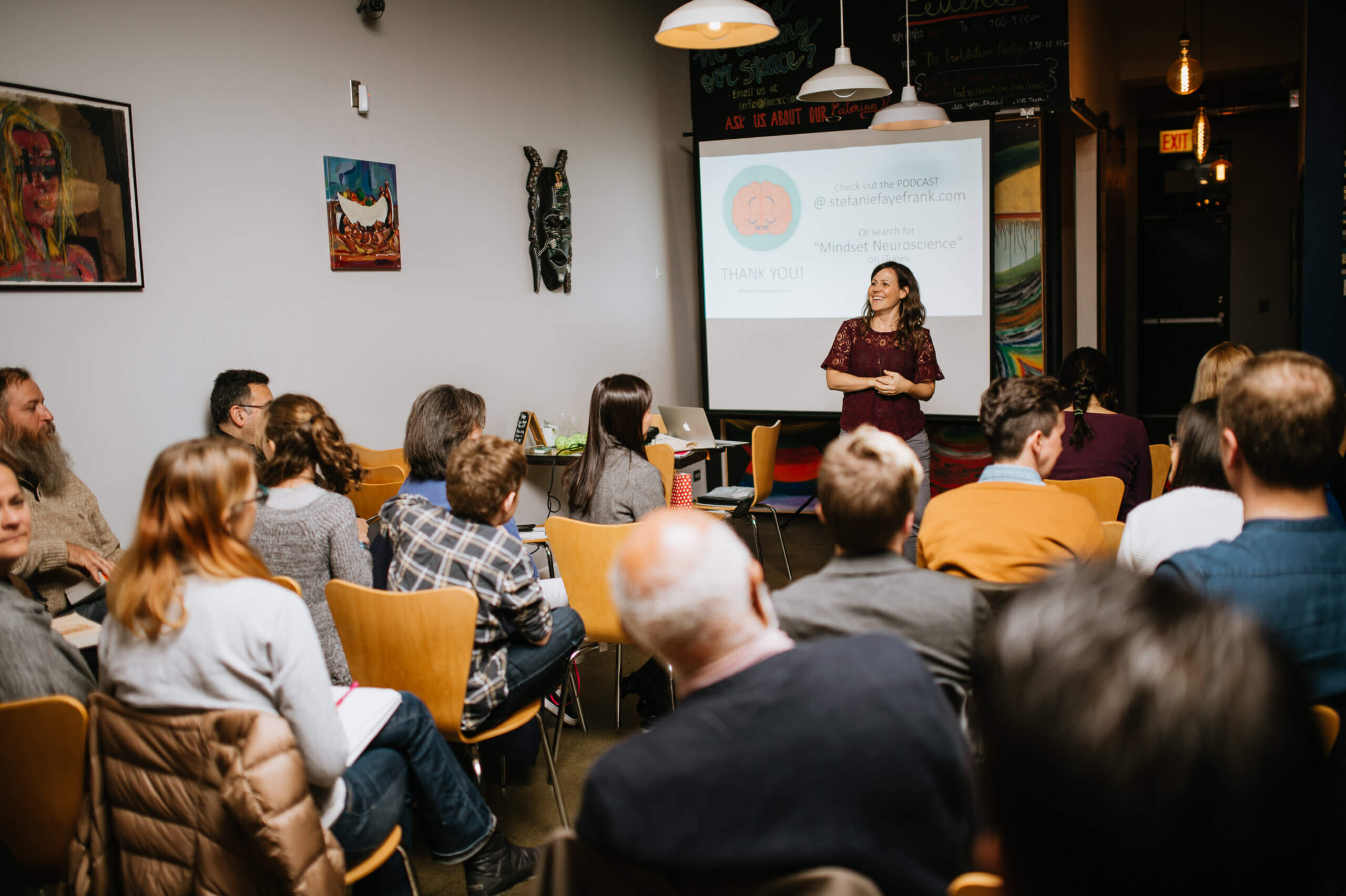
About me...
I'm a neuroscience specialist and educator focused on improving life outcomes for diverse populations by giving actionable and engaging neuroscience education that transforms mindsets and behaviors.
I'm a former researcher and have spent parts of my career measuring electric conductance of the skin (GSR), facial electromyography (EMG), and heart rate. My most current work has been with assessing and analyzing quantitative electroencephalography (QEEG), rhythmic sinus arrhythmia (heart rate variability), and administering neurofeedback, and transcranial magnetic stimulation for clinical treatment at an intensive outpatient mental health clinic.
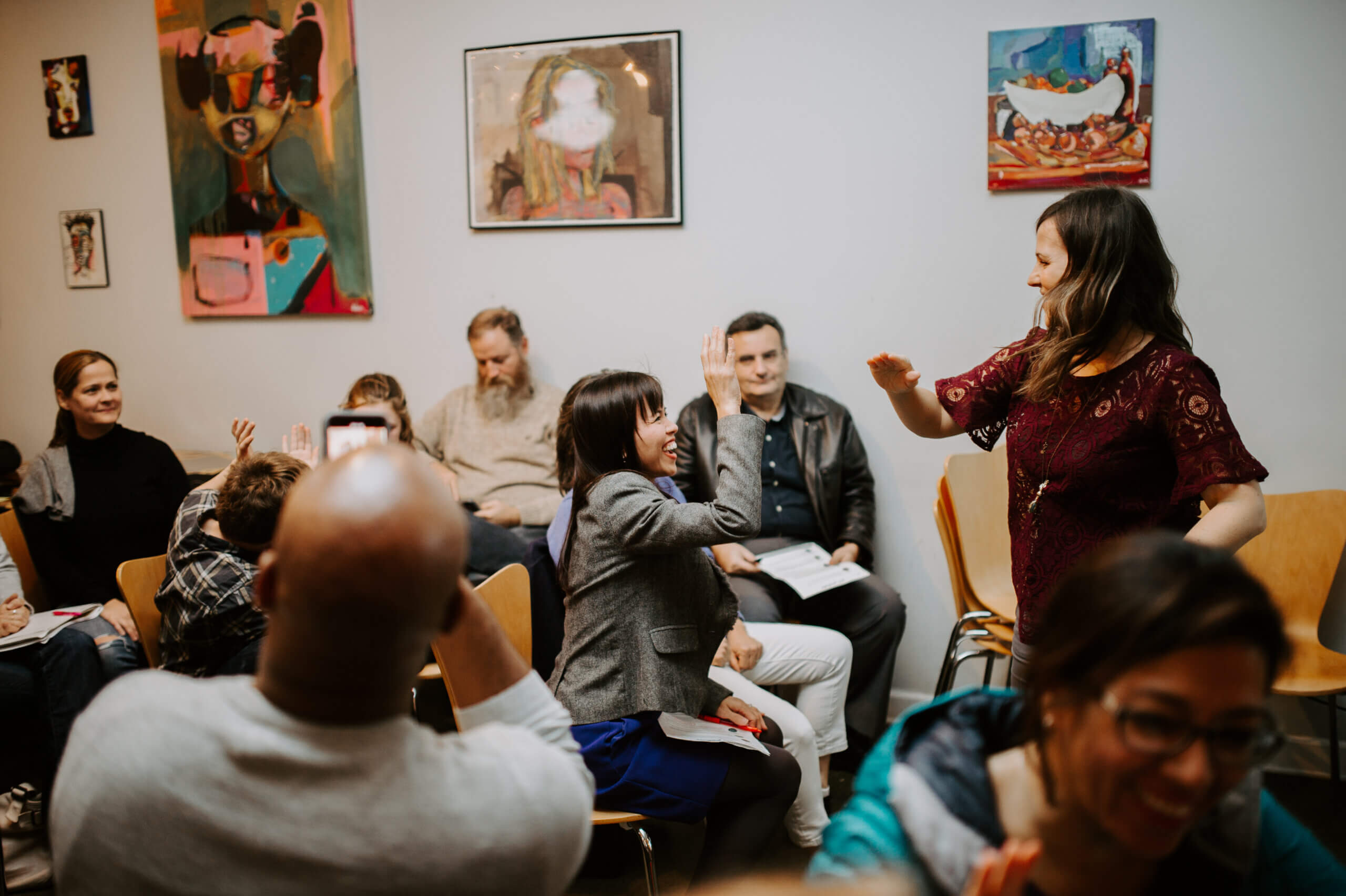
I'm currently the lead neuroscientist for research in collaboration with the University of Algarve Portugal and CheckIt Learning on various projects, including looking at brainwaves (EEG) and performance outcomes in partnership with the television station PBS.org
My other current collaborations include MIT's Global Humanities Initiative pilot project: Tools for Human Flourishing: Integrating Self-enhancement, Neuroscience, and AI Technology in partnership with the Geneva Science and Diplomacy Anticipator (gesda.global)
My graduate research at New York University and fieldwork at the NYU Phelps lab for neuroscience research, the NYU Institute for Prevention Science and Yeshiva University's Albert Einstein College of Medicine focused on the cross-section of self-directed neuroplasticity, emotion regulation, family emotional climates, and empathy.
My clients include MIT, Google, Stanford University, the FBI, Northwestern University, Alberta Children’s Hospital, the University of California San Diego School of Medicine, as well as therapists, coaches, educational consultants, district superintendents, CEOs, yoga instructors, osteopaths, and many more.
I also currently work at a neuropsychology clinic, where I focus on brainwave training (neurofeedback), biofeedback, eye movement for attention/focus, cognitive training and brain maps (qEEG) for clients ranging from small children to older adults, with a variety of challenges including ADHD, anxiety, sleep issues, traumatic brain injury and social-emotional-communication challenges.
For the past decade, I've been teaching and consulting in countries all over the world by combining scientific insights and my training in monasteries with meditation masters from India, Africa and Vietnam.
I am also a former intelligence analyst, and a Master Faculty instructor and researcher at Google, where I have consulted on and facilitated global workshops on the Science of Learning and Mindset in London, Chicago, Tel Aviv, Munich and Singapore.
One of my key programs each year is the Neuro Leader Academy, which is a project-based experiential training program for leaders and coaches. It is a global community with thought leaders from all over the world, coming together to understand how their own expertise, wisdom and intuition helps unlock human potential AND is supported by concrete, peer-reviewed science. This year's cohort will be presenting their work at the 2025 Graduation Showcase in September (details will be up this summer).
NEUROSCIENCE TO ELEVATE YOUR COACHING, TEACHING & LEADERSHIP
Get weekly neuroscience insights (and 3 free mini-books) to help clients, staff, and students build resilience, motivation, emotion regulation and growth mindset.
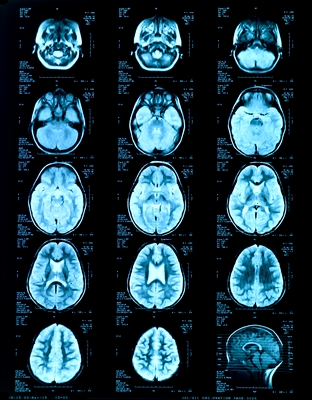
PAST CLIENTS INCLUDE:
Northwestern University, School of Education and Social Policy
Google
Northeastern University, Chicago
Hasso Plattner School of Design Thinking, Berlin
City Colleges of Chicago
Illinois State University, Department of Education
University of California San Diego, School of Medicine
Tutoring Chicago (formerly Cabrini Green Tutoring)
EHOVE Career Training, Ohio
Blue Valley School District, Missouri
Horizon Science Academy, Chicago
Christopher House Chicago
Oak Park String Academy
Suzuki Music Association
Empowerment through Education and Exposure, Chicago
Calgary Bridge Foundation for Youth, Canada
Alberta Children's Hospital, Canada
Independence School District, Missouri
Featured Talks
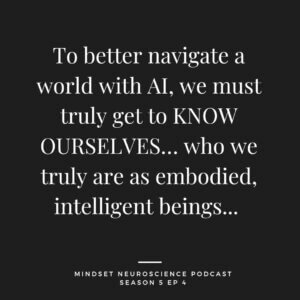
To better navigate a world with AI, we must truly get to KNOW OURSELVES as EMBODIED, INTELLIGENT BEINGS
We can use the challenges AI presents as a CALLING. A CALLING TO GO MORE DEEPLY INTO A SPACE WITHIN US.. that space within us that knows when something feels right and good to our entire being. We can learn…
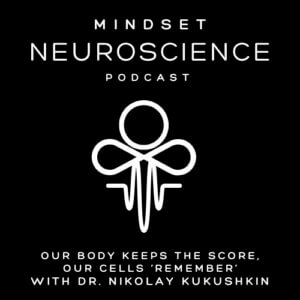
Our Body Keeps the Score, Our Cells ‘Remember’ with Dr. Nikolay Kukushkin
Podcast: Play in new window | Download
Memory is not just in the brain. Many of you have heard of the book, The Body Keeps the Score by Bessel Van der Kolk. The main idea of the book is that memory is not just something contained in…

Our Body Keeps the Score, Our Cells ‘Remember’ with Dr. Nikolay Kukushkin
Podcast: Play in new window | Download
Memory is not just in the brain. Many of you have heard of the book, The Body Keeps the Score by Bessel Van der Kolk. The main idea of the book is that memory is not just something contained in…
